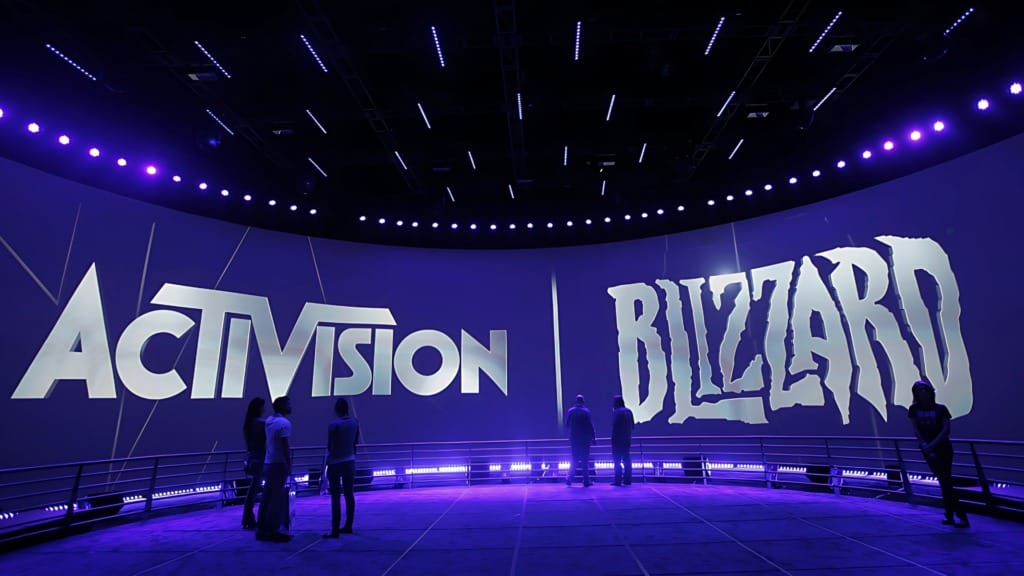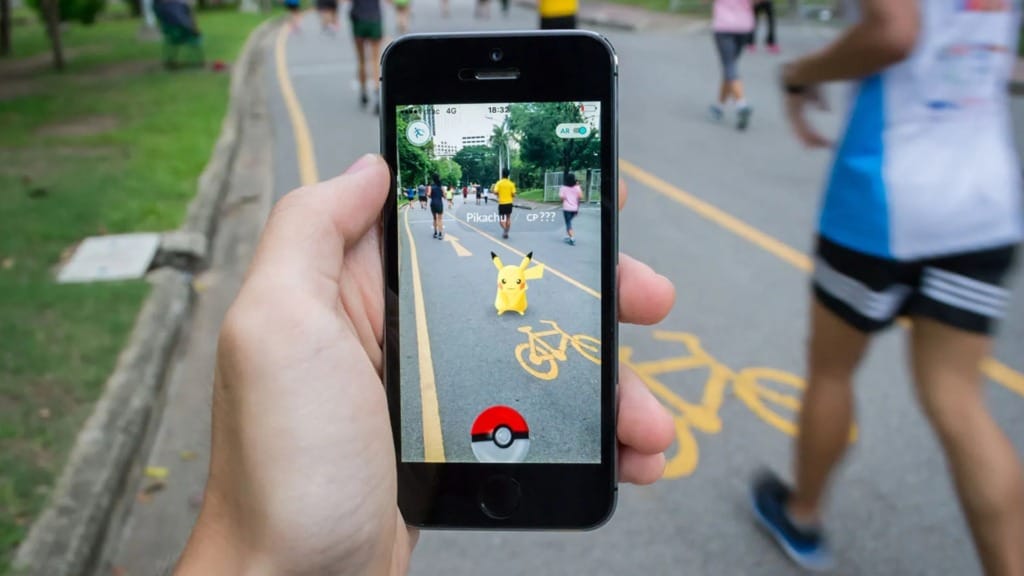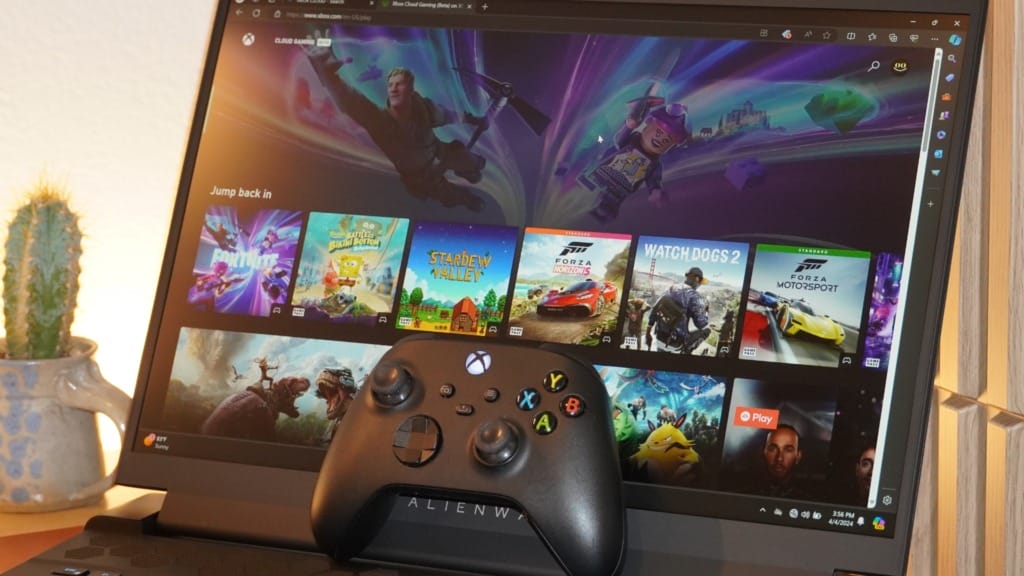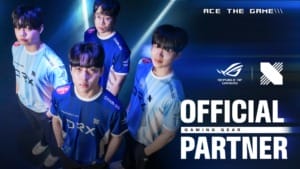Gaming’s new power play and what it means for the future
Explore how deals like Microsoft's US$68.7B Activision Blizzard purchase and Scopely’s US$3.5B acquisition of Niantic’s gaming division are redefining game development, distribution, and...

The gaming industry has never been more lucrative, and as competition intensifies, companies are starting to buy up entire studios and platforms. Acquisitions are the new power moves, allowing gaming giants to expand their influence and secure long-term dominance. Recent megadeals like Microsoft’s US$68.7 billion takeover of Activision Blizzard and Scopely’s US$3.5 billion purchase of Niantic’s gaming division are setting the stage for the industry’s future.
Table Of Content
Microsoft’s acquisition of Activision Blizzard, completed in October 2023, instantly made it one of the most powerful companies in gaming. With franchises like Call of Duty, World of Warcraft, and Overwatch now under its umbrella, Microsoft is growing its game library and reshaping how games are distributed, with an emphasis on cloud gaming and Game Pass subscriptions. This move directly challenges traditional game publishing models, forcing competitors to rethink their strategies.
Meanwhile, Scopely’s acquisition of Niantic’s gaming division—including Pokémon Go—is a strategic play to dominate the mobile gaming and augmented reality (AR) space. With over 30 million active players and over US$1 billion in annual revenue, Pokémon Go is one of the most successful mobile games ever. By taking over this franchise, Scopely gains a strong revenue stream and access to cutting-edge AR technology that could shape the future of mobile gaming.
These acquisitions reflect a broader shift in gaming: instead of betting on one or two hit titles, companies are securing entire ecosystems. The real battle isn’t just about who makes the best games—it’s about who controls the platforms, the business models, and, ultimately, the players.
How consolidation is reshaping competition

As more gaming giants absorb smaller studios, competition is shifting from individual game sales to full-scale platform wars. For example, Microsoft’s acquisition of Activision Blizzard isn’t just about acquiring Call of Duty—it’s about strengthening Game Pass, its subscription-based gaming service. By adding blockbuster titles to Game Pass, Microsoft challenges traditional one-time game purchases and pushes a model where access, not ownership, is the norm.
Scopely’s purchase of Niantic’s gaming division follows a similar logic. Rather than competing with new games, Scopely is buying into a well-established platform with a massive player base. The company now controls a mobile gaming juggernaut with in-app purchases, live events, and real-world interaction at its core. This allows Scopely to refine and expand its monetisation strategies without starting from scratch.
But what does this mean for the industry at large? For one, it raises concerns about market dominance. When fewer companies control the biggest games, independent developers may struggle to compete. Critics, including Ilkka Paananen, CEO of Supercell, have argued that the gaming industry risks prioritising financial deals over creative risk-taking, potentially stifling new ideas.
At the same time, consolidation could lead to better-funded and more ambitious projects. With larger budgets and more advanced technology at their disposal, these companies could create more expansive and innovative games. The real test will be whether they use their power to push gaming forward or lock players into their ecosystems.
The creative crossroads for game development
One of the biggest concerns surrounding acquisitions is how they impact game development. When new leadership takes over, priorities often shift from artistic vision to profit-driven decision-making. This could fundamentally change how games are made and experienced.
For example, Scopely’s control of Pokémon Go could lead to changes in monetisation. While the game has always included in-app purchases, Scopely’s expertise in free-to-play gaming could push for a more aggressive monetisation strategy. While this might increase revenue, it risks alienating long-time players who value the game’s balance between free and paid experiences.

Microsoft’s acquisition, on the other hand, has sparked discussions about game development schedules. Activision was often criticised for annual Call of Duty releases that sometimes felt rushed. Under Microsoft, developers may have more breathing room to create higher-quality titles. However, there’s also the possibility that Microsoft will push these franchises toward live-service models, designed for ongoing updates rather than traditional single-game experiences.
Beyond specific franchises, these acquisitions raise a bigger question: Will fewer companies mean fewer creative risks? Historically, independent studios have been at the forefront of innovation. If large corporations prioritise safe, revenue-driven strategies, gaming could become less diverse, with fewer experimental titles making it to market.
That said, acquisitions don’t have to mean creative stagnation. If companies use their expanded resources to fund bold new projects, they could push gaming into new frontiers. The key question is whether they will prioritise innovation or their bottom line.
The future of game distribution and monetisation
Perhaps the most immediate impact of these acquisitions is how games are distributed and monetised. Microsoft’s push for Game Pass suggests that subscription models will become the norm, replacing the traditional US$60 game purchase. This could make gaming more affordable in the short term, but it also means players are increasingly renting access rather than owning their games.
Scopely’s acquisition of Niantic’s gaming division also signals a continued reliance on in-game purchases. Pokémon Go has thrived on microtransactions, and with Scopely’s monetisation expertise, we can expect even more incentives to spend money within the game. The challenge will be balancing profitability with a rewarding player experience.

Cloud gaming is another area poised for disruption. Microsoft’s growing library of acquired titles strengthens its Xbox Cloud Gaming service, making it easier for players to stream high-quality games on any device. If successful, this could eliminate the need for expensive consoles, making gaming more accessible. However, it also means that players depend on cloud infrastructure, raising concerns about long-term access and control.
In the end, these acquisitions are redefining how players engage with games. The gaming experience of the future might look very different from today, shaped by the business strategies of a handful of powerful companies.
Is acquisition the future of gaming?
Acquisition strategies are now playing a defining role in the future of gaming. Companies are securing not just game titles but entire ecosystems—talent, technology, and user bases—to strengthen their long-term position. This shift is rewriting the rules of the industry, where ownership of platforms and distribution channels increasingly outweighs individual game success.
These changes offer players easier access to a wider range of content through subscriptions and cloud-based platforms. Yet, this also means giving up a degree of control. As gaming becomes more service-based, questions around ownership, data, and longevity of access will become more important than ever.
The long-term impact of this power shift depends on how these dominant players choose to act. They have the means to invest in bold ideas and support creative risk-taking—but they may also prioritise predictable returns and standardised models. In a more consolidated market, the risk is about less competition, and fewer fresh voices shaping the games we play.
What comes next is the intent. The future of gaming will be shaped not only by what gets built but also by who decides what’s worth building.
















